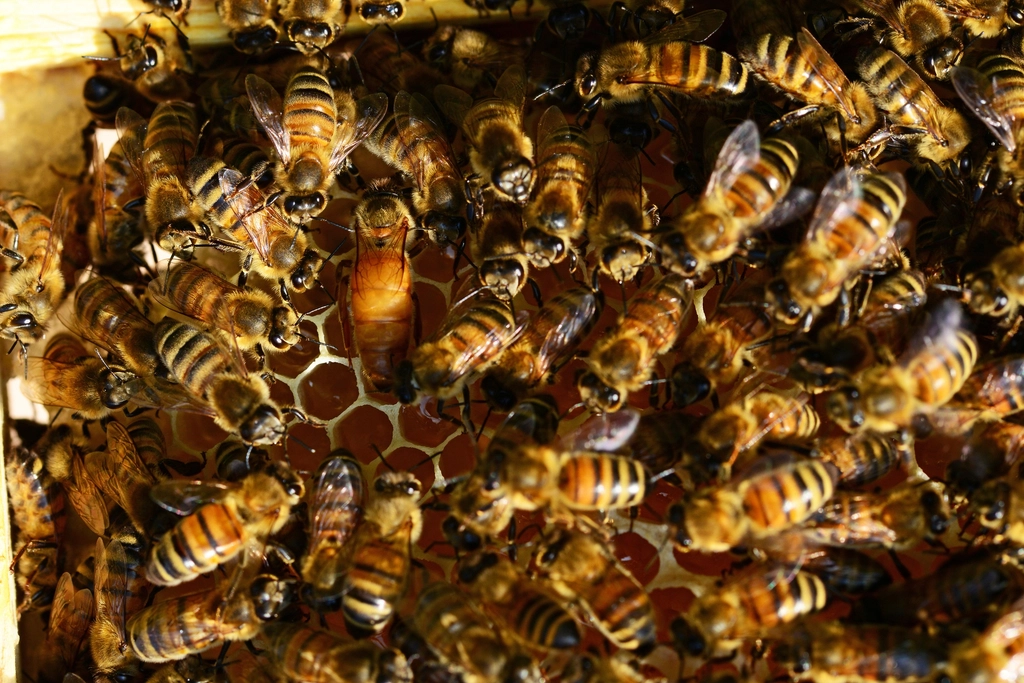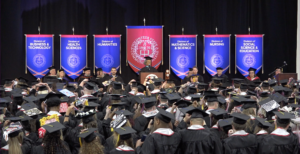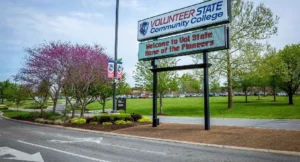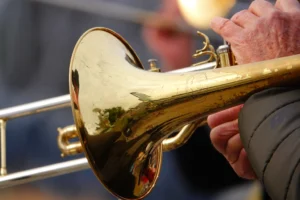By Madelyne Vaughn
Vol State Community College is working with a local beekeeper to provide honey on the Gallatin campus.
Every Vol State student received an email on April 17 that briefly details what the honey will be used for.
“One of the benefits to this is the beekeeper has agreed to donate jars of honey to The Feed. These jars will also be shared, as possible, with our food pantries at our regional campuses for you, when you need to access The Feed, to have fresh honey.” This information is included in the email.
The Feed at Vol State is a food pantry open to all students, available at all Vol State campuses. The Feed is always accepting donations and assistance. If you would like to get involved in any way you can reach them via email: TheFeed@volstate.edu. Click here to learn more about The Feed.
Honey bee’s ability to pollinate agricultural crops makes them important to the enviroment and survival of mankind.
“Production of about one-third of the human diet requires insect pollination, and honey bees perform the majority of pollination for these cultivated crops,” quoted from the Clemson University website.
In general there seems to be a misconception on if honey bees are endangered. According to Scott Black executive director of the Xerces Society for Invertebrate Conservation, there are more honey bees on the planet today than at any time in history. The bee that is actually endangered is known as the rusty-patched bumblebee, a native bee to North America. Click here if you would like to read a bit about the bees that are actually endangered.
The honey bees will be located in the gravel parking lot near the back entrance of the Gallatin campus. They are not there yet, but that will eventually be their permanent placement.
Vol State students will have access to local honey, so take advantage of it!






Be First to Comment